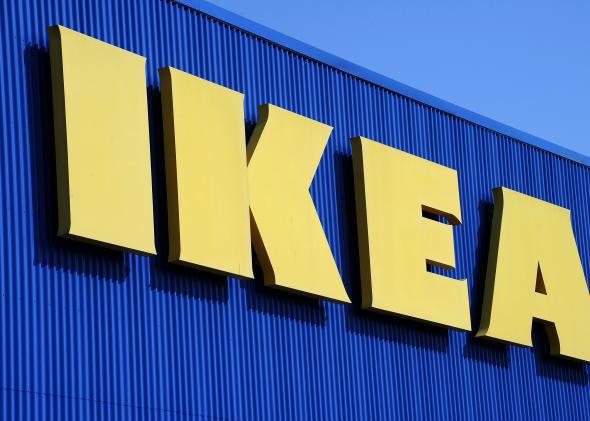A bit of news that should make just about everybody happy today: Ikea is announcing plans to raise the average minimum wage in its U.S. stores by 17 percent, to $10.76 per hour. The company will now set its pay based on MIT’s Living Wage Calculator, which reports how much a worker must earn to comfortably cover essentials like food, housing, child care, and transportation, depending on where they live in the country. Ikea is setting its pay floor at the living wage for a single adult without children. So, as the Huffington Post points out, that means employees at its Woodbridge, Virginia, outpost will make at least $13.20 per hour, while hires in low-cost Merriam, Kansas, will earn at least $9.36 per hour. In the end, it amounts to a raise for about half the company’s American retail workers.
Notably, Ikea isn’t raising prices on its furniture to pay for the raise. Instead, the company’s management says it believes the pay hike will help them compete for and keep talent, which is of course good for business. The Gap used a similar justification when it announced it would raise its own minimum to $10 by 2015.
Which I think hints at something about what would likely happen if the U.S. raised the federal minimum. The conservatives who argue that higher pay floors kill jobs also tend to assume that businesses are already running at pretty much peak efficiency. According to this logic, forcing companies to spend more on labor will lead to less hiring. But left-leaning economists see it differently. They tend to argue that increasing wages can lead to savings for business by reducing worker turnover, for instance, and forcing managers to make better use of their staff.
Companies like Ikea and the Gap probably aren’t raising pay for thousands of workers as a PR initiative or out of a sense of humanitarianism. They seem to have made a judgment that low wages simply aren’t an efficient way to do business. And—even if they haven’t realized it yet—I’d guess many other companies are in the exact same boat.
